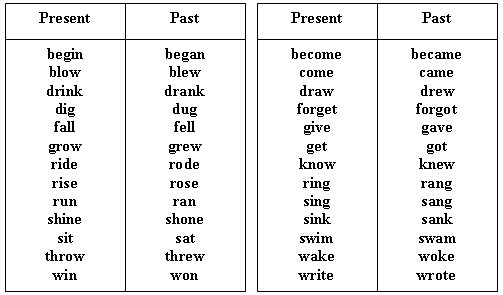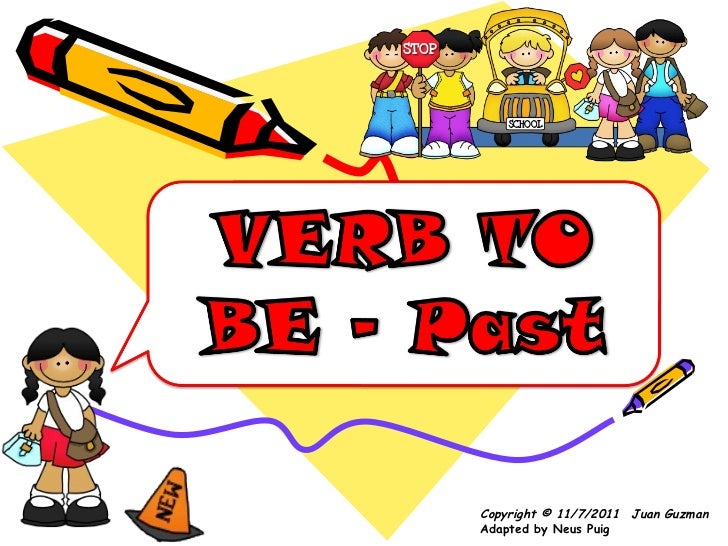Prepositions "On," "At," and "In"
A preposition is a word that links a noun, pronoun, or noun phrase to some other part of the sentence.Prepositions can be tricky for English learners. There is no definite rule or formula for choosing a preposition. In the beginning stage of learning the language, you should try to identify a preposition when reading or listening in English and recognize its usage.
- to the office
- at the desk
- on the table
- in an hour
- about myself
Here are a few common prepositions and examples.
On
Used to express a surface of something:- I put an egg on the kitchen table.
- The paper is on my desk.
- The garbage truck comes on Wednesdays.
- I was born on the 14th day of June in 1988.
- He is on the phone right now.
- She has been on the computer since this morning.
- My favorite movie will be on TV tonight.
- The stick hit me on my shoulder.
- He kissed me on my cheek.
- I wear a ring on my finger.
- Everything in this store is on sale.
- The building is on fire.
At
Used to point out specific time:- I will meet you at 12 p.m.
- The bus will stop here at 5:45 p.m.
- There is a party at the club house.
- There were hundreds of people at the park.
- We saw a baseball game at the stadium.
- Please email me at abc@defg.com.
- He laughed at my acting.
- I am good at drawing a portrait.
In
Used for unspecific times during a day, month, season, year:- She always reads newspapers in the morning.
- In the summer, we have a rainy season for three weeks.
- The new semester will start in March.
- She looked me directly in the eyes.
- I am currently staying in a hotel.
- My hometown is Los Angeles, which is in California.
- This painting is mostly in blue.
- The students stood in a circle.
- This jacket comes in four different sizes.
- In preparing for the final report, we revised the tone three times.
- A catch phrase needs to be impressive in marketing a product.
- I believe in the next life.
- We are not interested in gambling.













